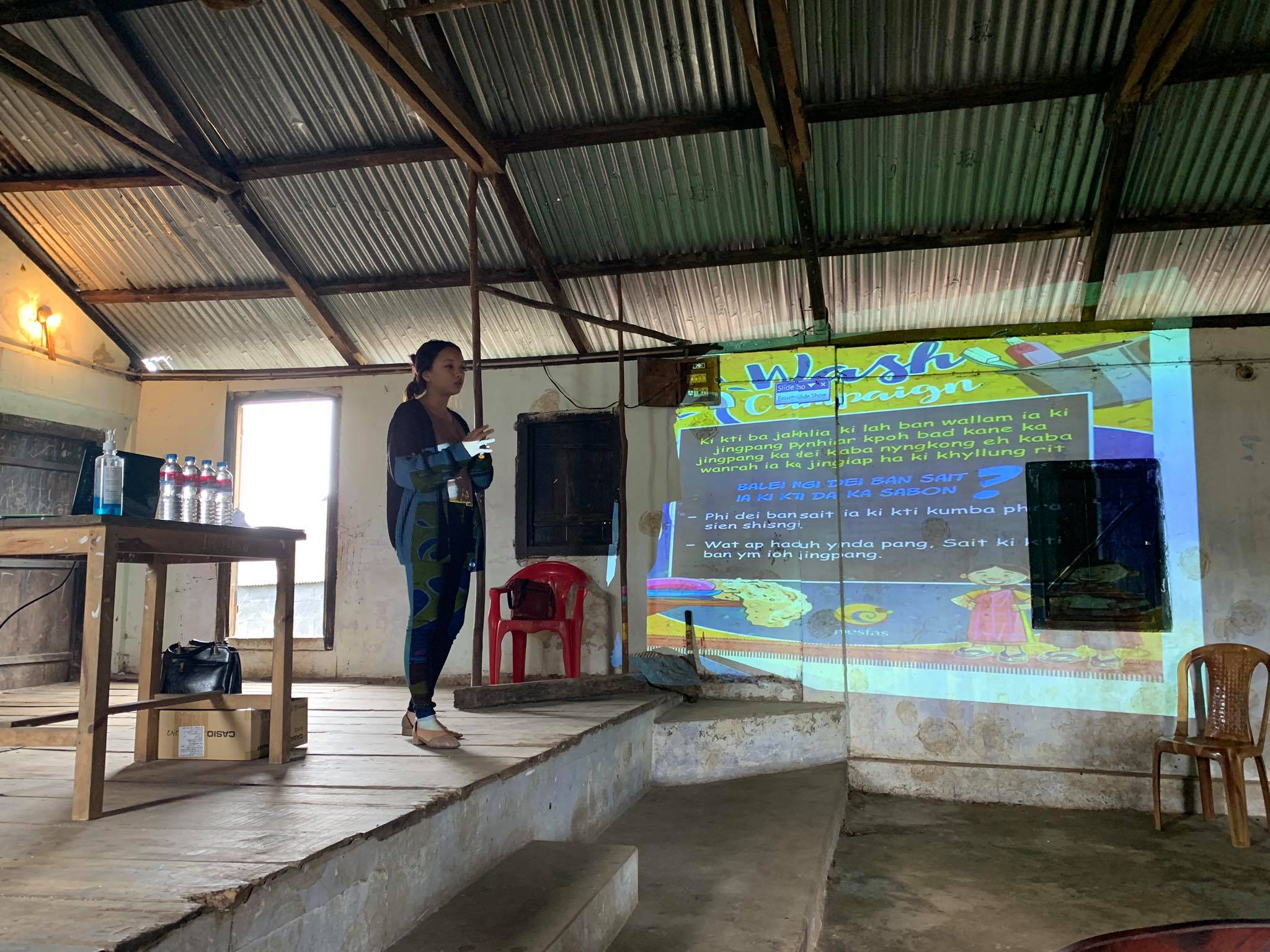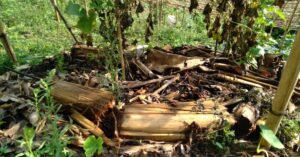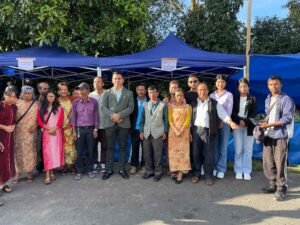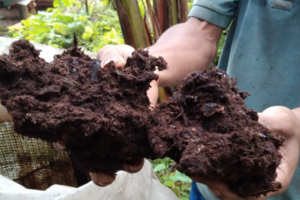To create awareness to sustain behavioural change of the rural populace towards adopting good hygiene and sanitation practices, the National Bank for Agriculture and Rural Development (NABARD) launched a nation-wide Sanitation Literacy Campaign on October 2, 2020, on the 151st birth anniversary of Mahatma Gandhi.
In West Jaintia Hills, the campaign was facilitated by NESFAS partner community Society for Urban & Rural Empowerment (SURE) at Moodymmai community, Thadlaskein.
While imparting the technical session, SURE field co-ordinator Corrine Slong said the organisation chose Moodymmai as there is a need for good hygiene, sanitation and sustaining behavioural change, both at community and individual level, due to the present COVID-19 situation.

It may be mentioned that NESFAS strives to enhance cleanliness in food preparation, food handling including components of water, sanitation, and personal hygiene. The organisation has implemented the WASH campaign at its several partner communities through schools. It has made all associated schools the fulcrum where WASH is implemented at all levels i.e. students, school building including toilets, and mid-day meals including food handling and hand washing.

Greville N. Kharlukhi, District Development Manager of NABARD, said, “Any loan for social infrastructure, toilet repair, sanitation, drinking water availed by individuals and Self Help Group members are eligible under the Priority Sector and subsequently, shall be refinanced by NABARD in Meghalaya.”
So far, NABARD has disbursed Rs. 12,298 crore under the Swachh Bharat Mission-Gramin (SBM-G) resulting in construction of 3.29 crore household toilets. Additionally, NABARD has launched a refinance scheme of Rs. 800 crore for FY21 for Water, Sanitation, Hygiene (WASH). The Sanitation Literacy Campaign will support the Government of India’s SBMG and WASH programmes to enable vulnerable rural community members to access better sanitation facilities in the wake of COVID-19 pandemic.
NABARD will cover about 2,000 communities and map the sanitation needs of people. Based on the findings, it will develop a strategy to provide credit facilities including, construction of household toilets.





